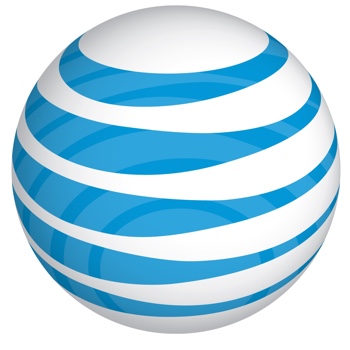The Federal Communications Commission granted a waiver on Tuesday, to allow wireless carrier AT&T to rollout Wi-Fi calling.

AT&T had announced last year that its version of Wi-Fi calling would debut on the iPhone 6 and iPhone 6 Plus sometime in 2015. However, the carrier has yet to enable the feature. A limited number of iOS 9 beta users were able to access the feature in August, but when iOS 9 was released to the public, the feature was missing.
Wi-Fi calling first became available to iPhone users with iOS 8, when T-Mobile became the first carrier to offer the service. The setting allows users with a weak cellular signal to take advantage of a local Wi-Fi signal to make calls on their iPhone.
The reason for the delay was due to the feature’s incompatibility with the FCC’s requirements regarding TTY support requirements for deaf callers. AT&T requested a waiver to deploy real-time text (RTT) services in the place of TTY.
AT&T Senior Executive Vice President of External and Legislative Affairs Jim Cicconi, in a post on the AT&T website, while offering gratitude to the FCC for the waiver, also blasted the agency’s handling of T-Mobile and Sprint, who had enabled the service for their customers, while neglecting to request a similar waiver:
“We’re grateful the FCC has granted AT&T’s waiver request so we can begin providing Wi-Fi calling. At the same time we are left scratching our heads as to why the FCC still seems intent on excusing the behavior of T-Mobile and Sprint, who have been offering these services without a waiver for quite some time. Instead of initiating enforcement action against them, or at least opening an investigation, the agency has effectively invited them to now apply for similar waivers and implied that their prior flaunting of FCC rules will be ignored. This is exactly what we meant when our letter spoke of concerns about asymmetric regulation.”
AT&T has yet to announce a launch date for the Wi-Fi calling feature.


